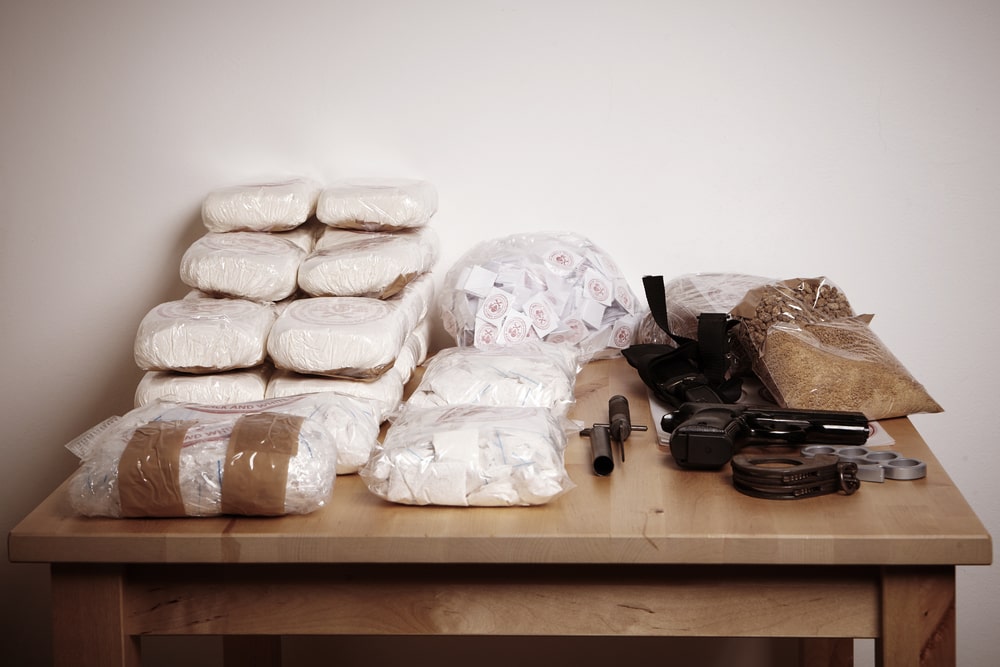Social media has become a powerful tool for communication, self-expression, and connection. However, what many people fail to realize is how their online activity can be used against them in legal matters, including drug crime prosecutions. Social media posts, photos, and messages can provide prosecutors with evidence that may strengthen their case or paint a narrative unfavorable to the accused which their drug crime lawyer will have to handle.
Social Media As Evidence In Court
Social media platforms serve as a digital record of a person’s activities, thoughts, and associations. Prosecutors often use posts, photos, or private messages to establish connections between defendants and alleged criminal behavior. A seemingly harmless post featuring certain items, locations, or individuals may be used to suggest involvement in illegal activities.
Even deleted posts are not necessarily safe. Law enforcement agencies often have the tools to recover deleted content, and subpoenas can compel platforms to release private data. In drug-related cases, evidence collected from social media may include photographs of substances, posts referencing illegal activity, or messages arranging transactions.
The Impact Of Public And Private Posts
Public posts are the easiest for law enforcement to access and scrutinize, but private messages are not immune to scrutiny. Platforms like Facebook, Instagram, and Snapchat may provide private communication records in response to legal requests, and prosecutors may use these records to suggest intent, establish associations with others involved in the case, or argue that the defendant has a history of engaging in similar behavior.
How Posts Are Interpreted
The attorneys at Azari Law, LLC know that social media content is often open to interpretation, which can be a double-edged sword. A photo or message that seems harmless to the user might appear suspicious to a prosecutor or jury. For example, a photograph with individuals alleged to be involved in illegal drug activity could be presented as evidence of association, even if the person accused had no knowledge of wrongdoing. Similarly, slang terms in messages might be misinterpreted as references to drug activity, further complicating the defense.
Protecting Yourself From Social Media Missteps
The best way to avoid social media influencing a legal case is to limit or carefully monitor your online activity. Avoid posting anything that could be misinterpreted or used as evidence against you. Adjust privacy settings to limit public visibility of your content, but remember that nothing posted online is entirely private.
If you are already facing drug-related charges, a knowledgeable lawyer can help assess whether social media evidence is being used appropriately and work to challenge its validity. Attorneys like those at Archembault Criminal Defense can attest to the importance of a thoughtful and strategic approach to these cases.
In today’s digital age, social media can have far-reaching consequences. By being mindful of your online presence and seeking legal counsel when necessary, you can reduce the risks associated with your digital footprint.
